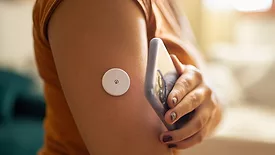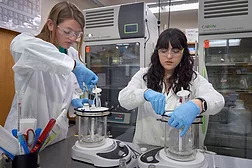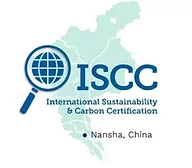Home » bio-based
Articles Tagged with ''bio-based''
Integrating Reactive Surfactants to Improve Water Resistance in Coatings
Reactive or Proactive?
Read More
Keep the info flowing with our eNewsletters!
Get the latest industry updates tailored your way.
JOIN TODAY!Copyright ©2026. All Rights Reserved BNP Media.
Design, CMS, Hosting & Web Development :: ePublishing



.webp?height=168&t=1741213707&width=275)






